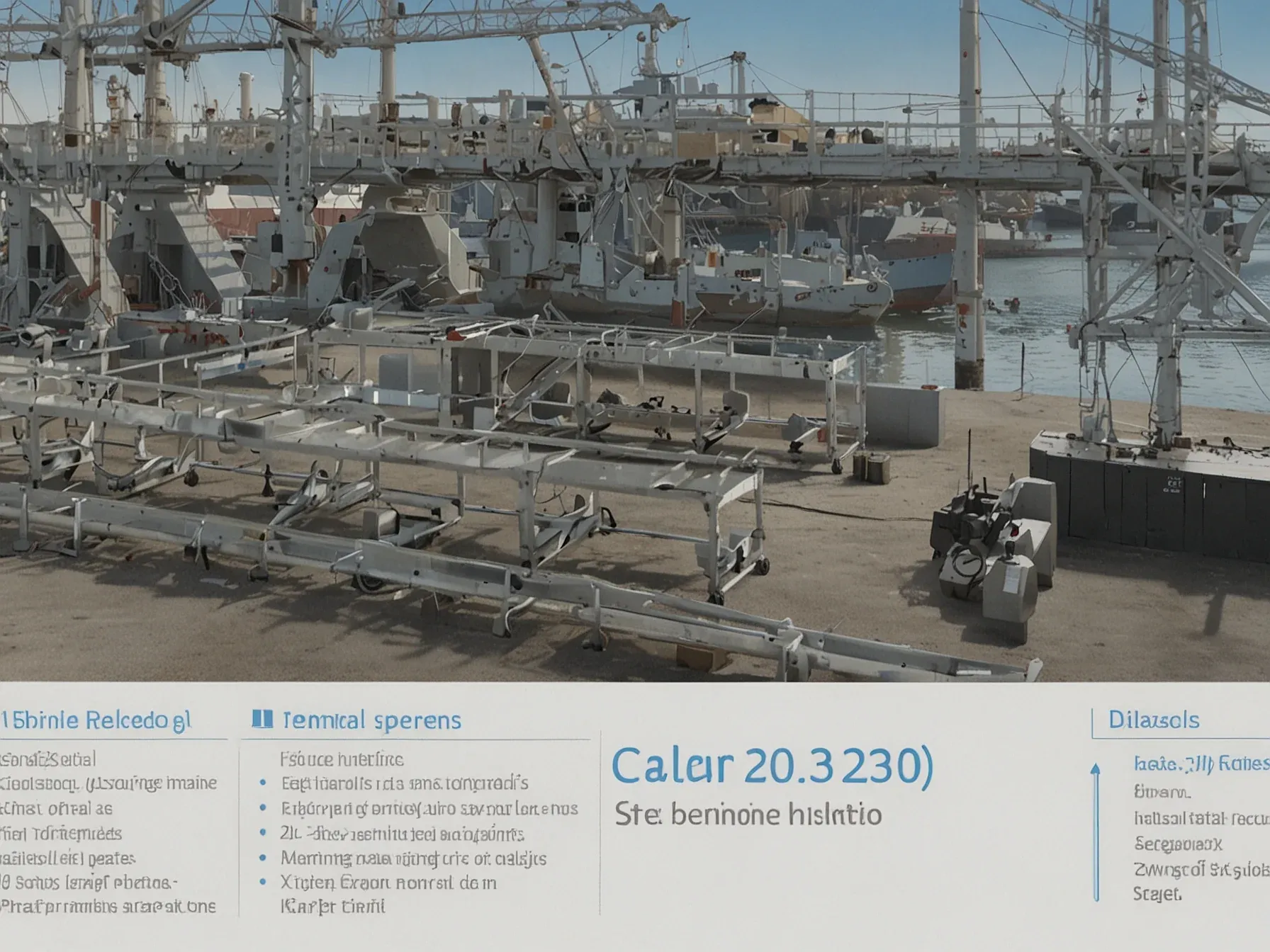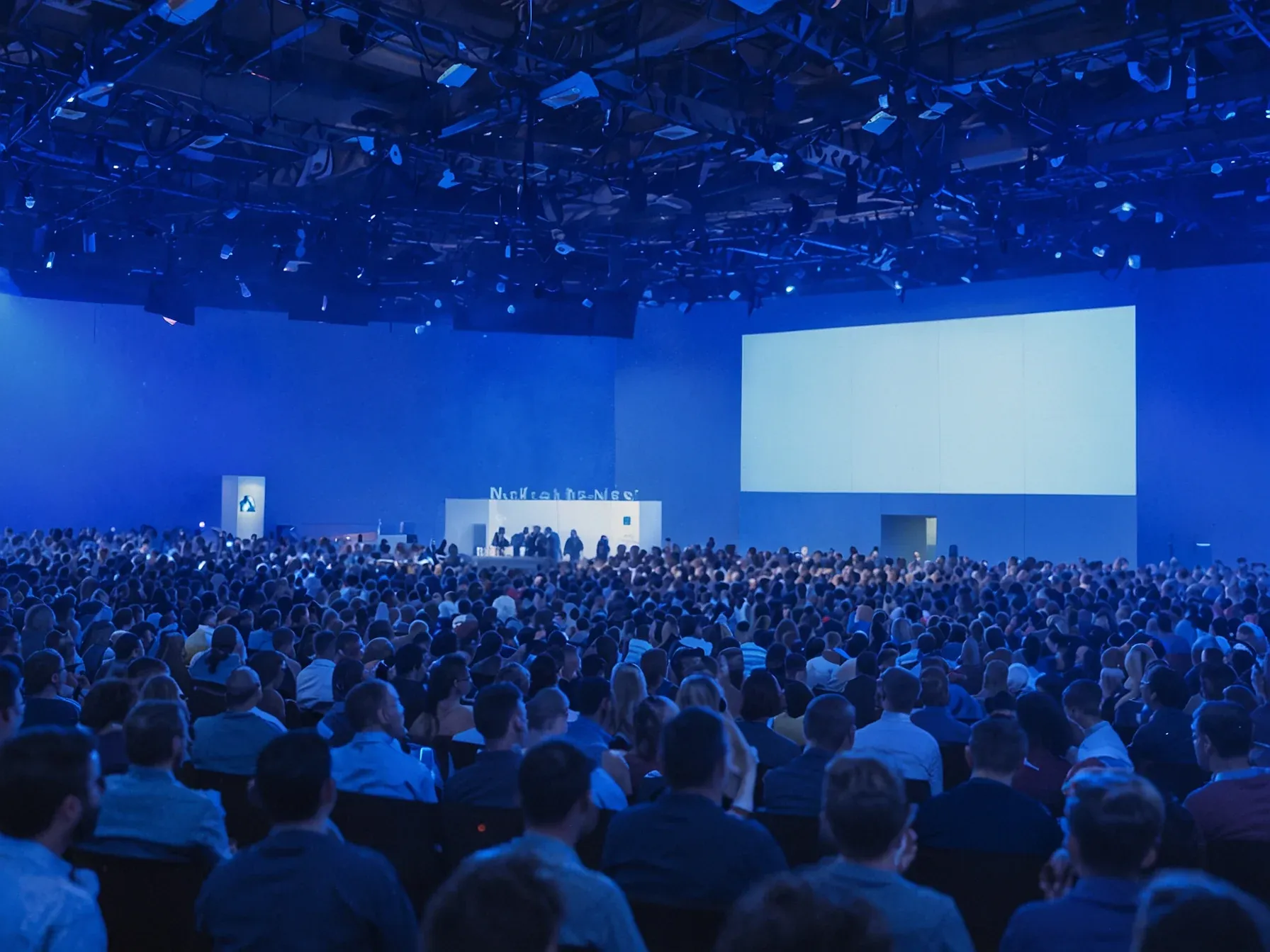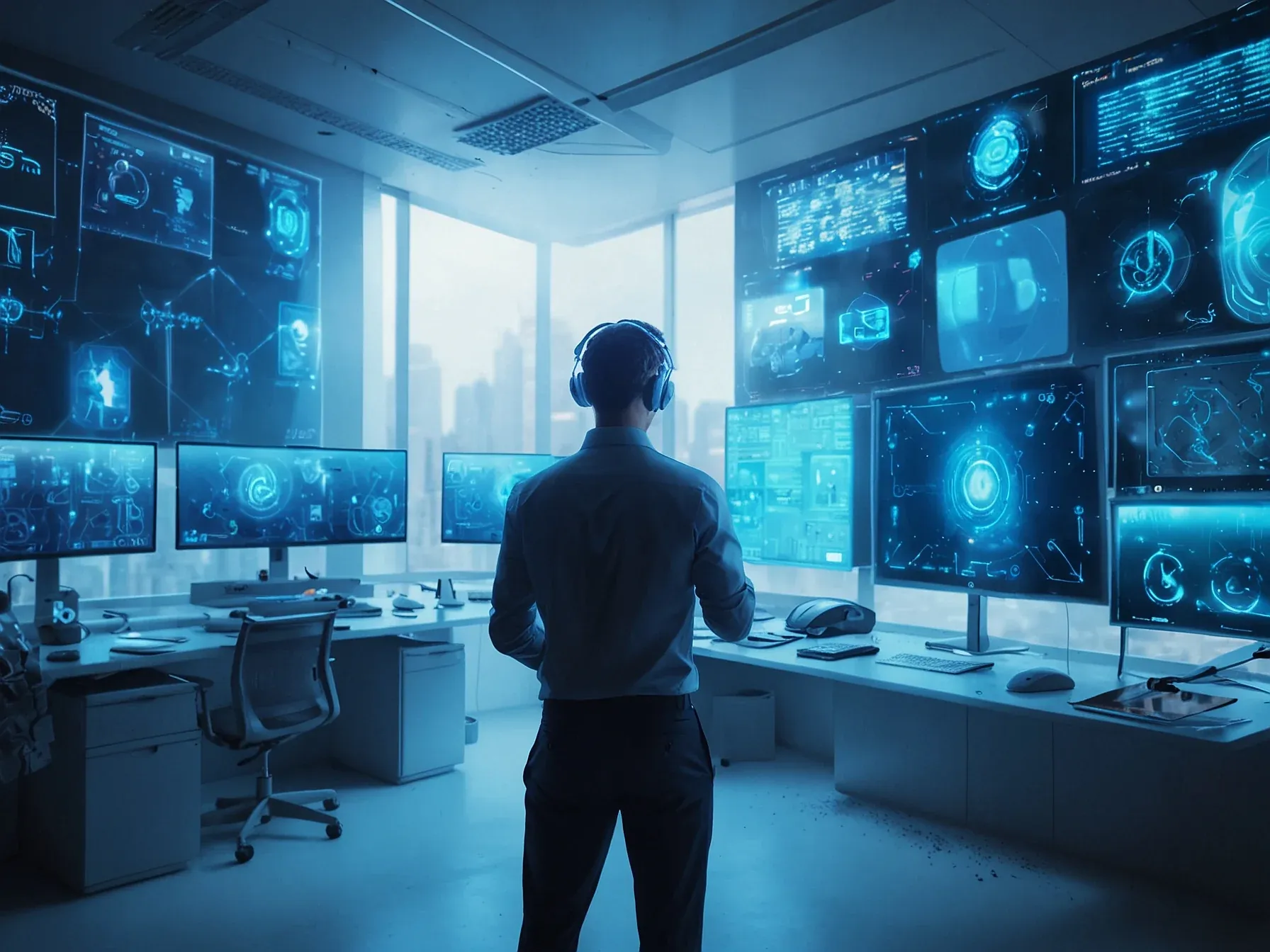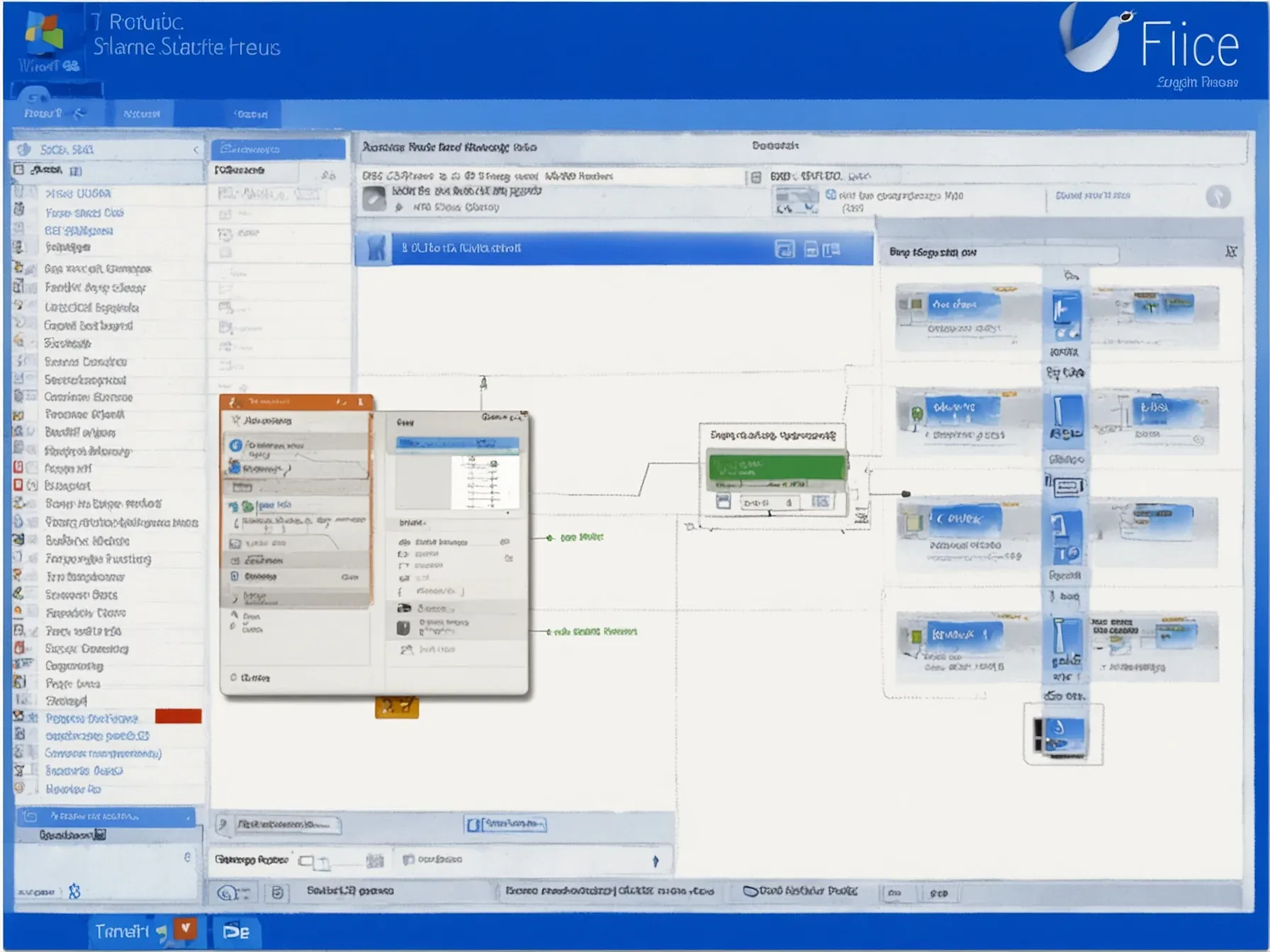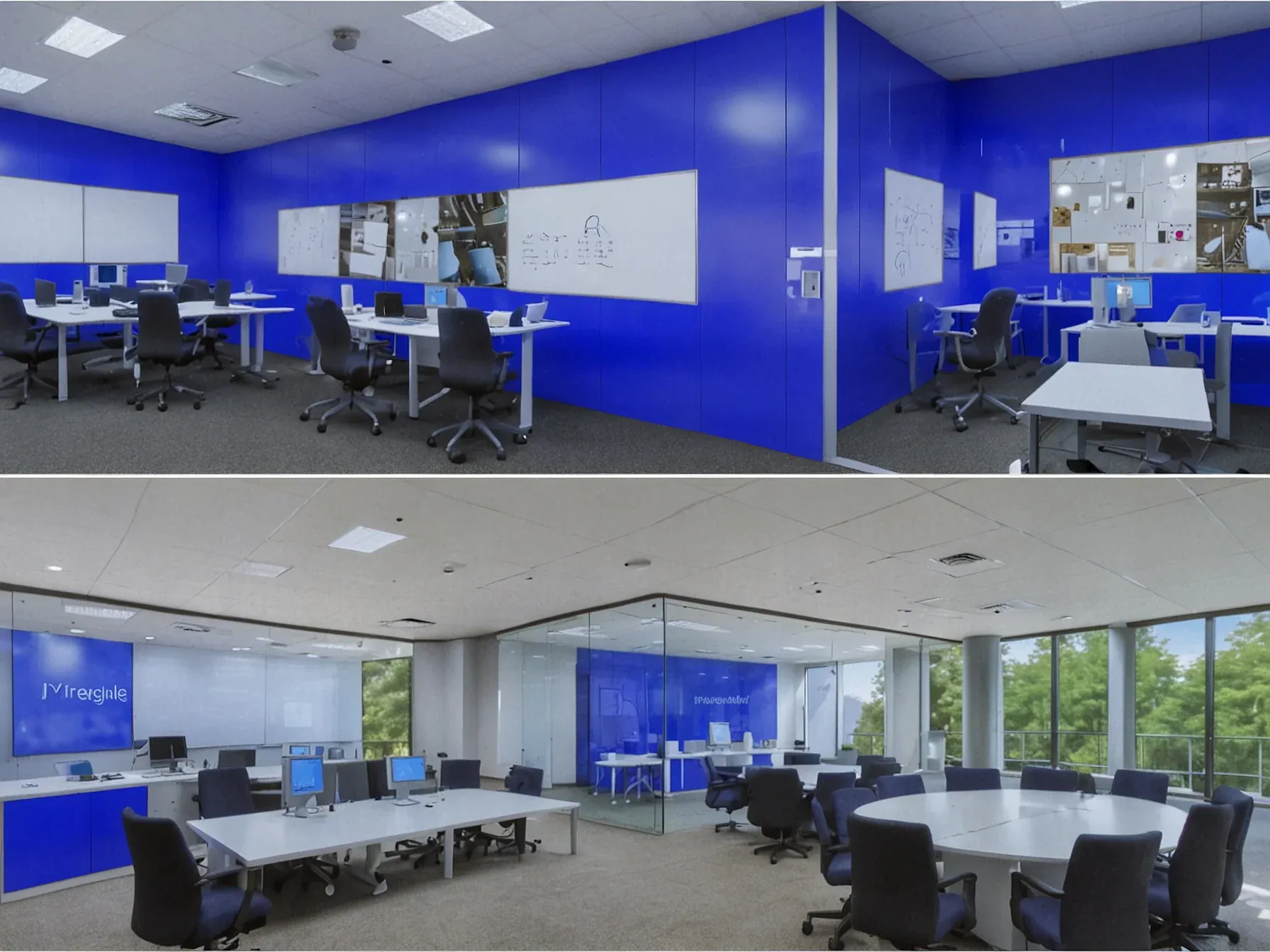
Editorial illustration for Microsoft CoreAI Engineers Raise Alarm: AI Agents Could Displace Junior Developer Roles
AI Agents Threaten Junior Developer Jobs at Microsoft
Microsoft CoreAI engineers warn autonomous agents may replace junior tasks
The tech world is buzzing with a new wave of anxiety as artificial intelligence inches closer to disrupting traditional entry-level career paths. Silicon Valley's talent pipeline could be facing its most significant reshaping in decades, with autonomous systems now targeting the foundational rungs of software engineering.
Microsoft's internal conversations are revealing a stark potential transformation in how tech companies might staff their development teams. Junior developers, long considered the training ground for future tech talent, now find themselves at the center of an emerging existential question about their professional future.
The implications stretch far beyond a single company's workforce strategy. As AI agents become increasingly sophisticated, they're not just supplementing human work, they're positioning themselves to potentially replace entire categories of entry-level technical roles.
Whispers of concern are growing louder within Microsoft's CoreAI division, where engineers are watching this technological evolution with a mix of professional curiosity and genuine apprehension. Their insights offer a rare glimpse into how AI might fundamentally restructure tech employment.
I've spoken to engineers in Microsoft's CoreAI division that are worried about the use of autonomous AI agents, particularly as they pick up the types of projects that junior developers could be assigned. There's a real fear in the industry, and inside Microsoft, that junior developer roles are disappearing, leaving experienced devs having to babysit the output of AI tools. With Nadella's goal of overhauling Microsoft into a company that's focused on AI agents doing work, this all sounds like less humans involved in coding in the future.
Silver is taking the optimistic view that AI will simply allow developers to offload the boring tasks and focus on creativity instead. "No developer got into the industry because they wanted to be assigned a months-long code maintenance migration effort," says Silver. "They want to be at the cutting edge, they want to create, they want to innovate.
These are the kinds of things they want to offload to AI so they can get back to the process of creation." The pad - You can now try the Xbox Full Screen Experience (FSE) on any PC, laptop, or tablet. Microsoft launched the Xbox FSE on all handheld devices last week, but it's also started testing it on any PC, laptop, or tablet. It adds a console-like UI to the main Xbox app that appears at boot, making it ideal for a living room PC.
I'm surprised to see the Xbox FSE appear on all handhelds so quickly, especially as Lenovo's Legion Go 2 was the first handheld outside of Asus confirmed to be getting Xbox FSE in spring 2026. It feels like Microsoft is rapidly rolling out Xbox FSE to get more people using it and more bug reports.
Microsoft's internal reckoning with AI reveals a stark reality for junior developers. The CoreAI team's concerns suggest autonomous agents might fundamentally reshape entry-level tech roles, potentially eliminating traditional junior programming positions.
Nadella's AI-focused strategy appears to be accelerating this transformation. Junior developers could find themselves increasingly marginalized, with AI systems capable of handling tasks once reserved for early-career programmers.
The warning from Microsoft's own engineers is particularly notable. They're witnessing firsthand how these autonomous agents can rapidly complete projects typically assigned to junior team members, creating an existential challenge for newcomers to the software development field.
This isn't just theoretical speculation. Inside Microsoft, there's a palpable anxiety about the immediate impact of AI on junior developer careers. Experienced developers might soon spend more time monitoring and validating AI-generated code than mentoring human juniors.
The implications are clear: the entry points into software development are rapidly changing. Young programmers will need to adapt quickly or risk being automated out of the industry's foundational roles.
Further Reading
- Microsoft AI in 2025: My Top 60 Announcements (Chronological) - elbruno.com
- Hire or Automate in 2026? The New Recruiting Paradigm - HeroHunt AI
- AI Agents in Cybersecurity: What's Real, What's Hype, and What Organisations Should Do Next - Eye Security
- New Future of Work Report 2025 - Microsoft Research
Common Questions Answered
How are Microsoft CoreAI engineers viewing the potential impact of AI agents on junior developer roles?
Microsoft CoreAI engineers are expressing significant concern that autonomous AI agents could potentially replace junior developer positions entirely. They believe these AI systems are becoming capable of handling the types of entry-level programming tasks traditionally assigned to early-career developers.
What specific concerns are emerging about AI's role in software development teams?
There is a growing industry-wide fear that AI agents will displace junior developers, forcing experienced engineers to primarily monitor and validate AI-generated code. Microsoft's internal discussions suggest these autonomous systems could fundamentally reshape the traditional talent pipeline in tech companies.
How does Satya Nadella's AI strategy potentially impact entry-level tech roles?
Nadella's strategic vision for Microsoft involves transforming the company into an AI-agent-driven organization, which could accelerate the marginalization of junior developer positions. This approach suggests a fundamental restructuring of how software development teams are staffed, with AI systems potentially taking over foundational programming tasks.

